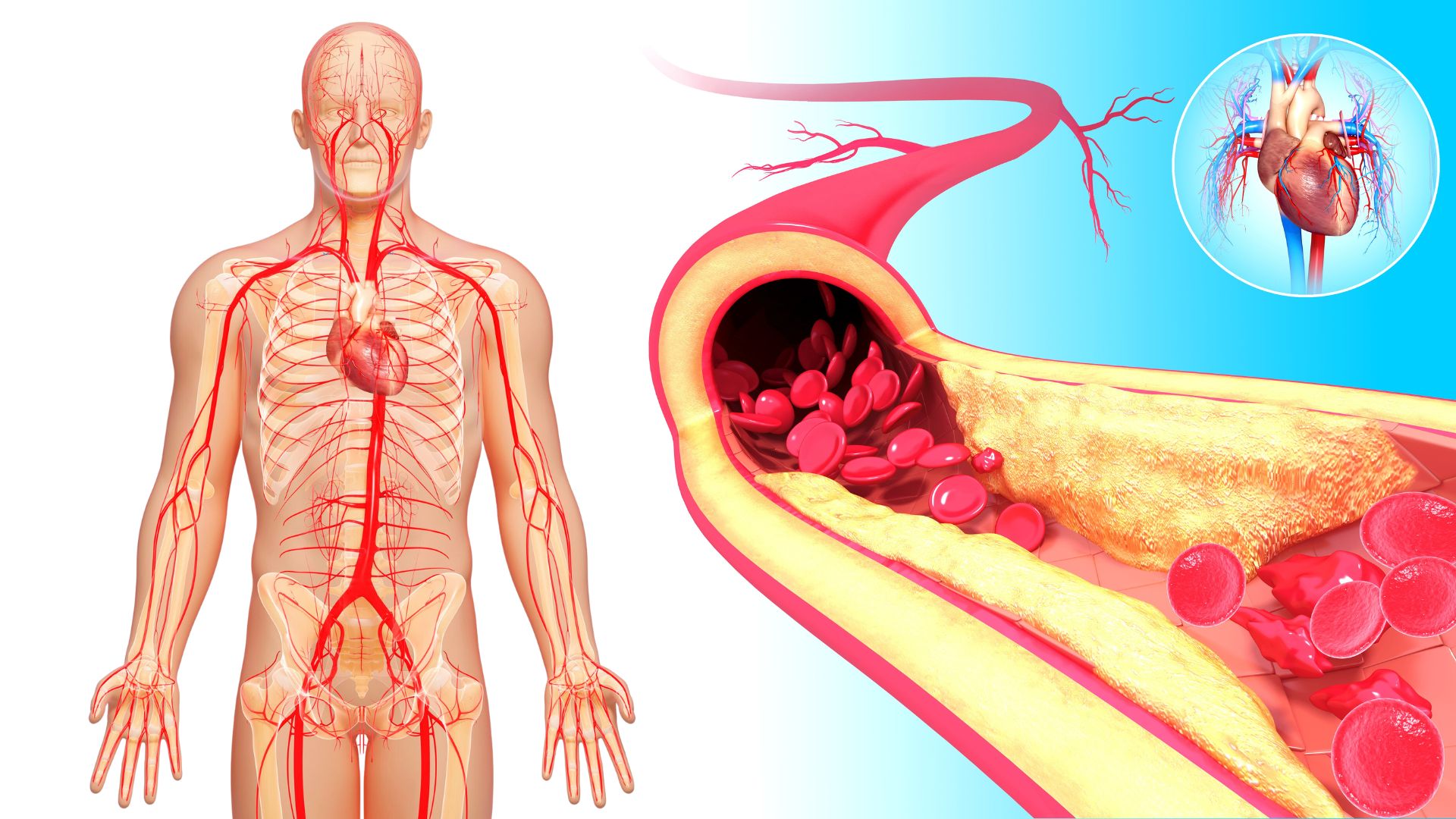Why Is My Occipital Lymph Node Swollen?
Have you ever noticed a swelling at the back of your head, near your neck, and wondered what it could be? This could be a swollen occipital lymph node. Lymph nodes are small, bean-shaped glands. They are part of the lymphatic system and are crucial in fighting infections. But why do they swell, particularly the occipital lymph nodes? Let’s hop into the reasons behind this.
Common Causes of Swollen Occipital Lymph Nodes

Infections
The most frequent reason for swollen occipital lymph nodes is an infection. Since these nodes filter lymph fluid from the scalp, neck, and head, infections in these areas can cause them to swell. Common infections include:
- Scalp infections, such as ringworm or folliculitis.
- Viral illnesses like the flu or a cold.
- Bacterial infections, including staph or strep infections.
Skin Conditions
Various skin conditions can also lead to swelling. These include:
- Eczema, or psoriasis, which often affects the scalp.
- Allergic reactions that might impact the scalp or neck.
Lymphadenopathy
Lymphadenopathy refers to enlarged lymph nodes. This can happen due to:
- An overactive immune response to infection or inflammation.
- More serious conditions like lymphoma or leukemia, though these are less common.
Systemic Infections
- Mononucleosis: Often caused by the Epstein-Barr virus, mononucleosis can lead to swelling in various lymph nodes, including the occipital nodes.
- HIV/AIDS: In the early stages, HIV infection can cause lymphadenopathy, which includes swelling in the occipital nodes.
Autoimmune Disorders
Autoimmune disorders, where your body’s immune system attacks its cells, can cause occipital lymph node swelling. Conditions like lupus, type 1 diabetes, coeliac disease, or rheumatoid arthritis might affect the lymph nodes.
Head Lice
Though often overlooked, head lice can cause irritation and scratching, leading to skin infections and subsequent occipital lymph node swelling.
Scalp Injuries
Any injury or trauma to the scalp can trigger an immune response, leading to swollen occipital lymph nodes as the body tries to heal.
Dental Issues
Problems with teeth or gums, like abscesses or gingivitis, can also cause the occipital lymph nodes to swell, as these nodes drain areas of the lower head.
Certain Medications
Some medications, especially those that affect the immune system, can cause occipital lymph nodes to enlarge. This includes some antiseizure medications and typhoid vaccinations.
Malignancies
Although less common, malignancies like lymphomas or metastasis from other cancers can cause lymph node swelling. This is why persistent swelling should always be evaluated by a healthcare professional.
Identifying Symptoms of Swollen Occipital Lymph Nodes
Physical Symptoms
- Lump or Swelling: The most noticeable sign is a bump or swelling in the occipital region (back of the head, near the neck).
- Tenderness: The swollen node may be tender or painful to touch.
- Size Variation: The node may vary in size, often swelling due to active infection or inflammation.
Associated Symptoms
- Scalp Issues: Presence of scalp conditions like dandruff, eczema, or infections could accompany the swelling.
- Headaches: Some individuals experience headaches, especially if the swelling is significant.
- Ear Discomfort: If the swelling is related to an ear infection, you might notice ear pain or discomfort.
Symptoms Suggesting a More Serious Condition
- Persistent Swelling: If the swelling doesn’t go down after a few weeks, it’s a sign to consult a healthcare professional.
- Additional Lymph Node Swelling: Swelling in other lymph nodes, like those in the neck or underarms, can indicate a systemic issue.
- Night Sweats, Fever, or Weight Loss: These could be signs of a more serious underlying condition, such as an infection or malignancy.
When to See a Doctor
It’s essential to speak with your doctor if:
- The swelling persists for more than a couple of weeks.
- You notice other symptoms like fever, night sweats, or unexplained weight loss.
- The node is hard, fixed, or growing rapidly.
A doctor can assess your symptoms and may order tests like blood work or imaging to determine the cause.
Home Care and Management
For minor infections, these steps might help:
- Rest and proper hydration.
Over-the-Counter Pain Relievers: Medications like ibuprofen can help with pain and inflammation. - Warm Compress: A warm compress can sometimes relieve occipital lymph nodes.
Frequently Asked Questions About Swollen Occipital Lymph Nodes
Can allergies cause swollen occipital lymph nodes?
Yes, severe allergic reactions, especially those affecting the scalp or neck area, can cause lymph node swelling as part of the immune response.
How long do swollen occipital lymph nodes usually last?
Swollen occipital lymph nodes, due to minor infections, typically reduce in size within a couple of weeks. However, if they persist or are accompanied by other symptoms, it’s important to see a healthcare provider.
Are swollen occipital lymph nodes always a sign of a serious condition?
Not necessarily. Most often, they are a response to a minor infection or inflammation and resolve on their own. However, persistent or severe swelling should be evaluated by a healthcare provider.






